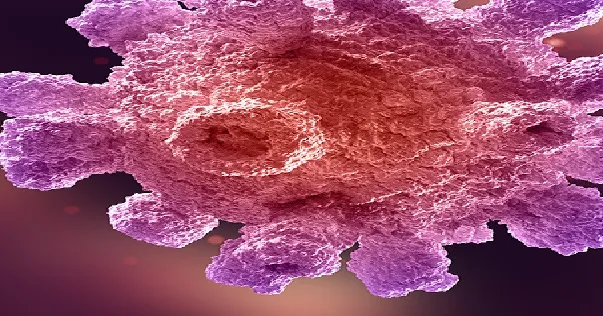According to a recent mouse study, women appear to have a molecular advantage that shields them from cell death in injured kidneys.
It’s critical to comprehend why female kidneys are better protected from these acute and chronic injuries because kidney disease affects more than 850 million people annually, according to study author Dr. Tomokazu Souma. He works as an assistant professor in the Duke University School of Medicine’s department of medicine in Durham, North Carolina.
In a Duke Health news release, Souma said, “Our study is a step toward identifying the causes and suggests that this female resilience could be therapeutically harnessed to improve kidney repair in both sexes.”
In the study, scientists examined ferroptosis, a type of cell death influenced by iron and oxidative stress and linked to kidney diseases.
On mice, the researchers performed a unique kind of RNA analysis. They discovered that a pathway known as nuclear factor erythroid 2-related factor 2 conferred special protection against female ferroptosis.
In females, this NRF2 is very active. The sex hormone testosterone lowers NRF2 activity in men, which encourages ferroptosis and reduces the ability of kidney cells to recover after injury.
Further research by the team revealed that ferroptosis was prevented in male kidney cells by chemically activating NRF2. NRF2 could be a potential therapeutic target to encourage renal repair following acute kidney injury.
“We believe there is strong potential to boost the resilience of kidneys by identifying the mechanism in which the female hormonal environment protects and the male hormonal environment aggravates acute and chronic kidney injuries,” Souma said.
The journal Cell Reports published the findings online on November 8th. Importantly, human outcomes from animal research are only sometimes positive.




